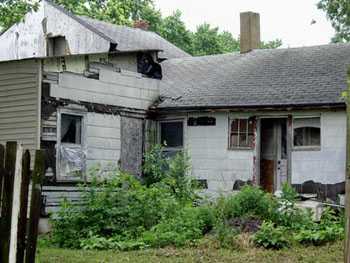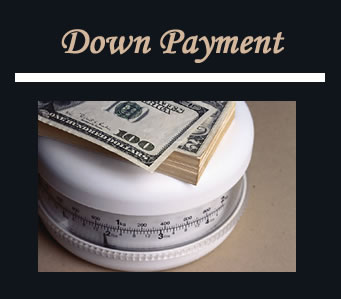
It might seem as though there are a lot of advantages to staying put and renovating your home, especially if the real estate value of the houses in your area are rising. It’s also true that if you move less in your lifetime, the more money you’ll be able to save up. But when you start feeling like your house is becoming a little too small for your growing family, you start to wonder if it’s time to upgrade either by moving out or adding more rooms to your home.
Don’t think that moving out or remodeling are your only options, though. Consider the following alternatives before making any major financial decisions about your home.
Declutter your home and make the most out of the space you have. Once people remove all the stuff they don’t need, they often discover that they have far more space than they thought they did.
Refurbish instead of renovate. You can update your kitchen by resurfacing countertops, replacing worn floors, or refacing your cabinet. Doing this will cost a lot less than taking everything down and rebuilding your kitchen anew.
Reuse your rooms. If you want a home office and have a guest room you barely use, consider reusing the space that you do have.




 My parents-in-law are in their seventies and I thought they would be content living in their country home way up in the mountains. Apparently, they also miss the city. It is no wonder they chose a Serendra, a medium rise condo cluster which boasts of a large green open spaces, landscaped lawns, huge swimming pool, tall palms to produce a resort-like ambiance. The environment is ideal for them even if the space is small since it’s just the two of them. The feeling that they live in a resort is ideal for them.
My parents-in-law are in their seventies and I thought they would be content living in their country home way up in the mountains. Apparently, they also miss the city. It is no wonder they chose a Serendra, a medium rise condo cluster which boasts of a large green open spaces, landscaped lawns, huge swimming pool, tall palms to produce a resort-like ambiance. The environment is ideal for them even if the space is small since it’s just the two of them. The feeling that they live in a resort is ideal for them.